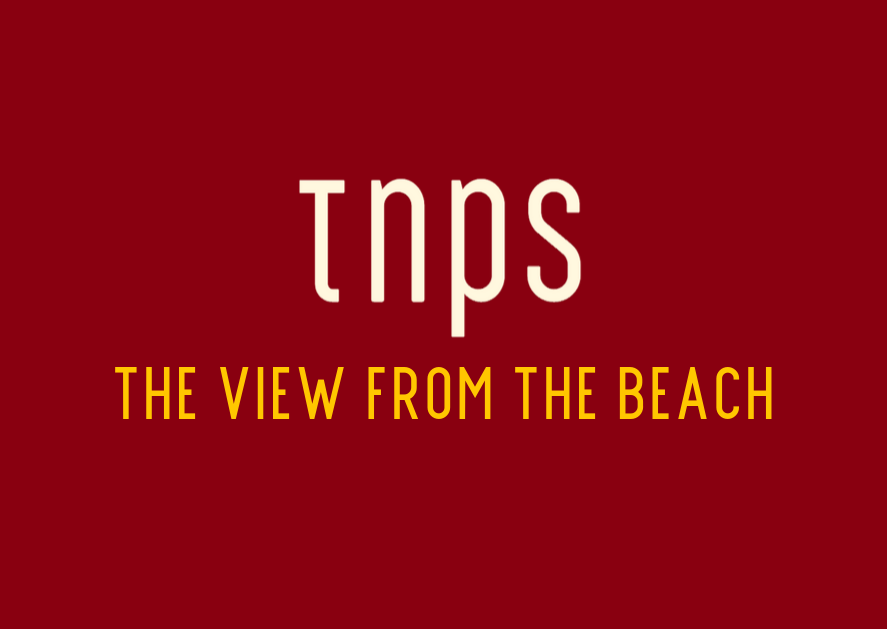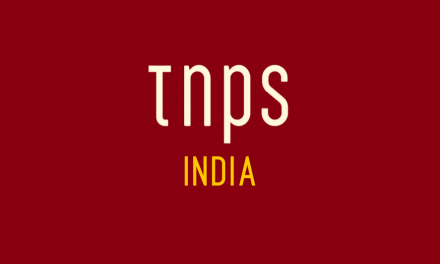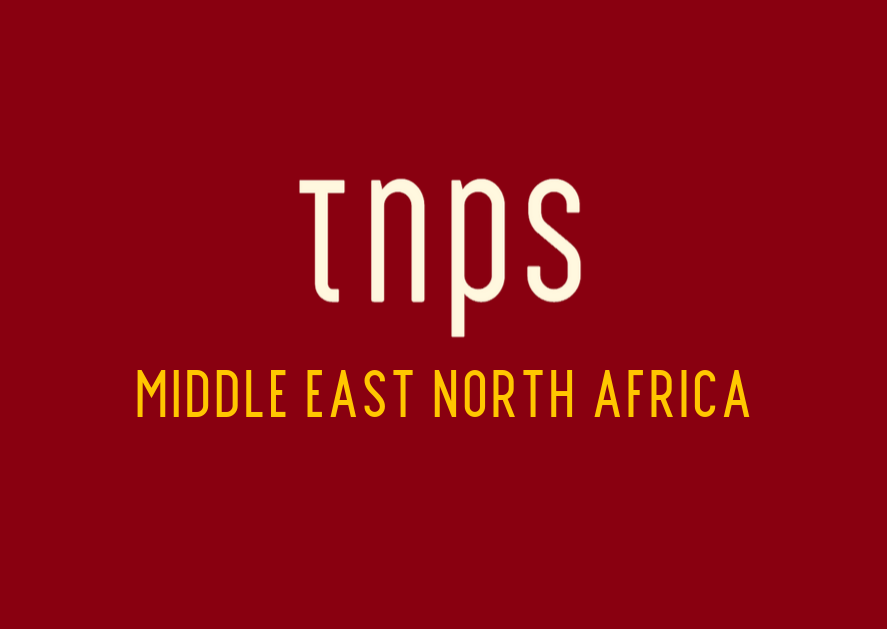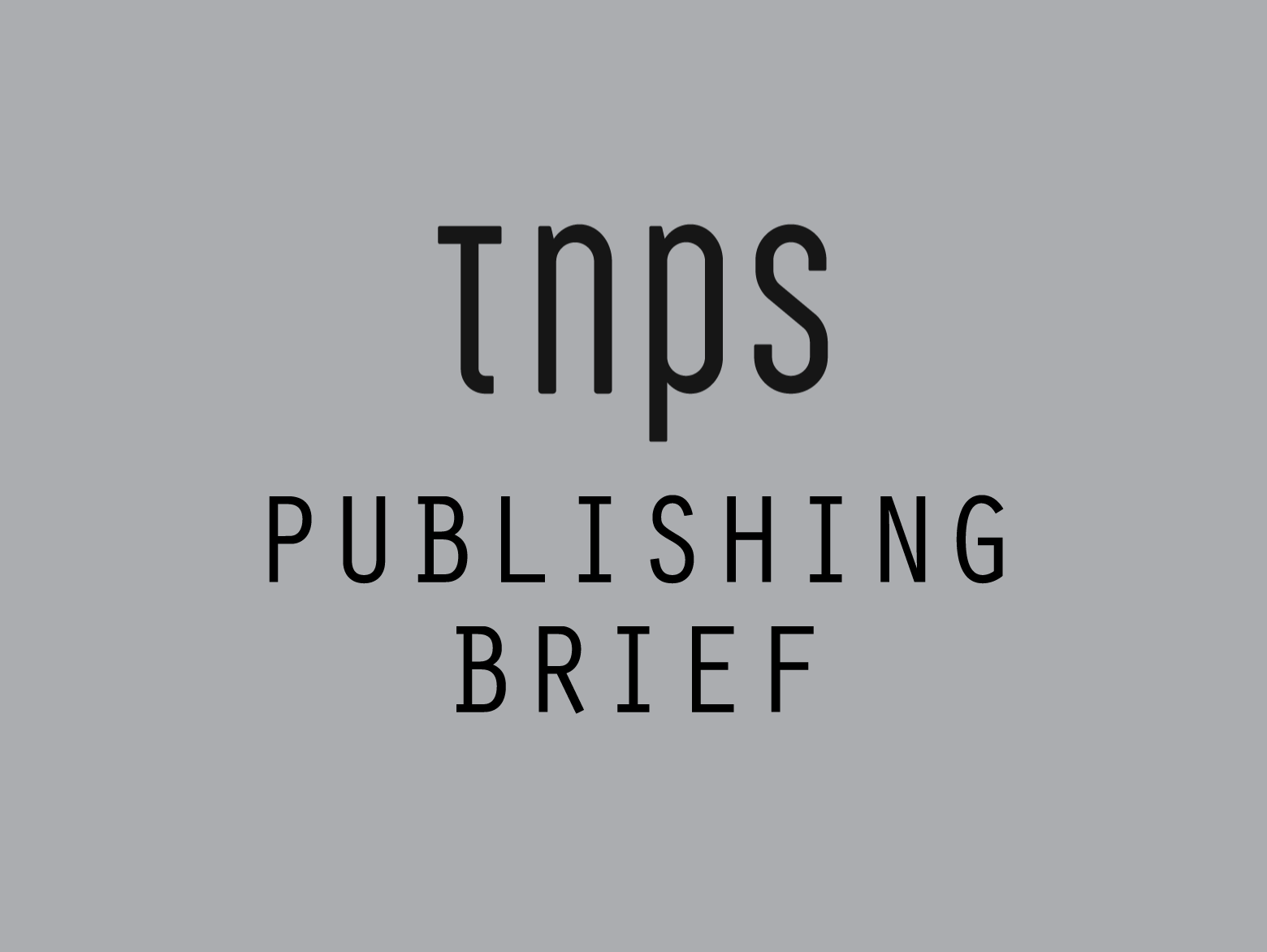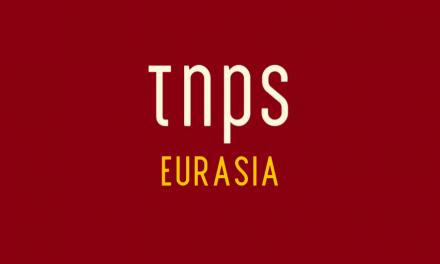What the opponents of unlimited obtusely refuse to acknowledge, and what the proponents of unlimited loudly proclaim mostly to covered ears (see no benefits, hear no benefits, speak no benefits), is the critical value of discovery that unlimited brings.
While most of the western publishing industry has been taking it easy over the festive break, Storytel has been quietly shuffling its subscription packages yet again, with the unsurprising aim of appeasing publishers while keeping profitable.
This story broke December 27, but I’ve held over this op-ed on the topic until at least some of the western players are back at their desks, as this debate is so central to the western publishing industry’s evolution.
Coming in the wake of BookBeat’s wholesale abandonment of the unlimited model –

the latest Storytel package (for Storytel Sweden, at least) has invited speculation that the unlimited model may soon be history.
And that’s a fair point. This may be the slippery slope. Storytel had already been forced to abandon unlimited when it acquired the US platform Audiobooks.com, but that was a given. Audiobooks.com had an existing deal with powerful US publishers that had no intention of negotiating unlimited terms with the Swedes.
But let’s not write off the model too soon.
All Storytel has done is (and not for the first time – see below) introduced a metred access option alongside unlimited, and ratcheted up the price for the unlimited package.
All of which makes perfect sense. Unlimited was never an ideal model. It’s always been in need of fixing, and Storytel has chosen to try a fix, rather than concede defeat as BookBeat did.
Elsewhere Scribd, among others, tried to put limits on the unlimited option, which made prefect sense financially but did present a clear and literal contradiction in terms. How can unlimited consumption be limited and still be unlimited?
BookBeat’s Niclas Sandin explained his abandonment of the unlimited model by arguing that 5% of subscribers account for 20% of consumption, meaning they get way more than their money’s worth, while the company had to pay publishers compensation over and above the subscription fee coming in.
No doubt the numbers reflect the Scribd and Storytel experience. But whereas BookBeat conceded defeat and Scribd throttled the unlimited option, Storytel is trying to find a happy medium solution.
For a lower price than the old unlimited subscription offer, a Storytel Sweden consumer can now buy into a set amount of listening time. Or, for a higher fee than before, the unlimited model remains an option.
So no, unlimited is by no means dead. And of course elsewhere both Kobo and Audible are expanding their unlimited options.
But what we are seeing is a long overdue maturing of the subscription books market, which for too long has been a battle between fully unlimited and the one product a month credit model.
At the production end, unlimited offers publishers a very limited return. It’s by no means the best deal, but nowhere near as bad as its opponents would have us believe.
At the consumer end the unlimited model offers consumers a very limited choice.
And that’s what it’s really all about – choice.
Pay $xx for as much as you can consume is obviously a fantastic deal for those with big appetites, but what if you don’t want to spend that much each month? What if you only consume one or two books each month? What if you simply cannot afford the fixed unlimited fee?
With the old Storytel model it was literally everything or nothing, and that was the critical weakness in the Tellander model.
The new model offers the best of both worlds for consumers. We’ll have to wait and see how the publishers fare.
But even here, we cannot see this in simple black and white terms of price per download or price per minute/page.
What the opponents of unlimited obtusely refuse to acknowledge, and what the proponents of unlimited loudly proclaim mostly to covered ears (see no benefits, hear no benefits, speak no benefits), is the critical value of discovery that unlimited brings.
Discovery is unlimited’s secret sauce that music and video publishers are fully aware of, which is why they do not fight unlimited tooth and nail like book publishers, but rather fight for a more equitable return from the subscription platforms.
Here’s the thing: If you’re being asked to pay $XX for a single monthly credit you are going to be damned careful how you spend that credit. You buy the most expensive title above the credit price that is within your taste range, knowing it is a safe bet. You don’t spend that $XX credit on a whim or a title that looks like it might be okay, but has no track record or recommendations.
With unlimited – and with the new metred-access models too – that risk is eliminated. If you want to try that new author or genre you can do so knowing that, if you enjoy it you can continue reading, but if it’s not what you expected you just ditch it and try something else. And something else. And something else.
The discovery element in unlimited is immeasurable, and within the time/page limit of the new tiered access models the same thing applies.
This is why the new models offer a better deal for both publishers and consumers.
And in fact it’s not so new. And BookBeat was not the first, just the first to abandon unlimited.
As Sölve Dahlgren kindly reminds us over at Boktugg,
Storytel has admittedly previously introduced a low-price subscription with 20 hours for SEK 129, but the main product has always been Unlimited. In addition to that, it has been possible to connect a child to each adult account where the child could also listen for an unlimited amount of time – but only books up to 12 years of age.
Dahlgren argues, and for the Swedish market I don’t disagree, that,
The trend is clear. We are moving towards some kind of listening cap on subscriptions.
What happens in Sweden, of course, does not necessarily carry over into the wider western markets, let alone the world.
But worth keeping in mind that the new management team at Storytel has history in video subscription, and they will bring that experience to bear on the Storytel model.
Abandoning unlimited remains an option, but don’t bank on it. There are plenty of other models for Storytel and its rivals to explore, even if BookBeat has nailed its colour to the mast.

